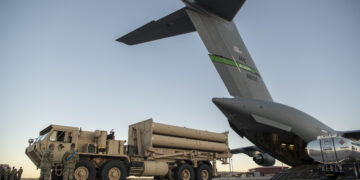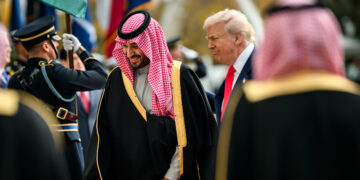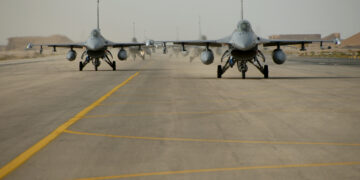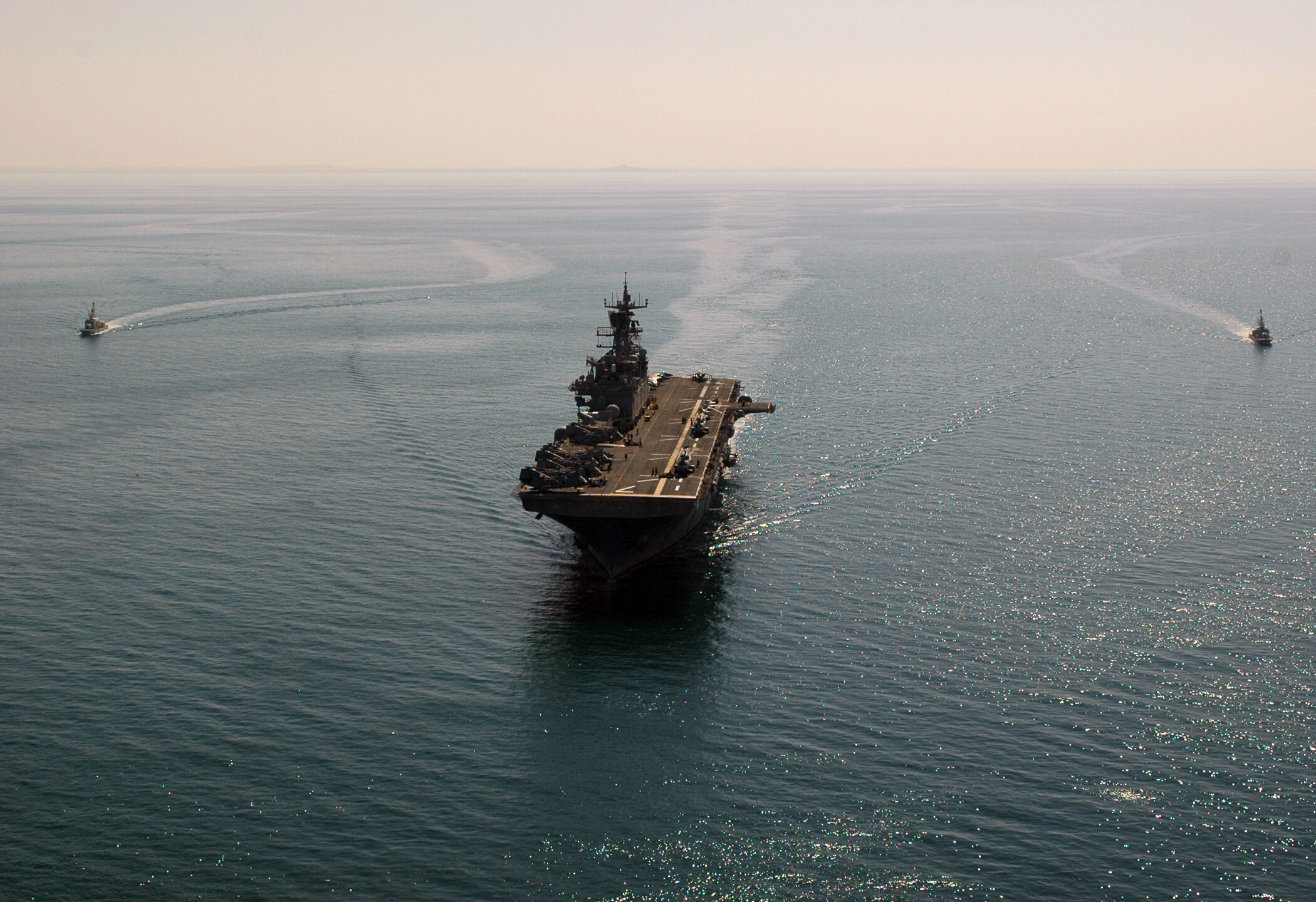Since suffering the economic impact of the 1973 oil embargo, the United States has considered the free flow of oil from the Persian Gulf to be of the utmost importance to its economic and national security. More than fifty years since the events of 1973, the United States is now considering a security pact with Saudi Arabia, a proposal driven, at least in part, by the supposed importance of U.S. access to Persian Gulf oil.
Washington maintains that the Persian Gulf is central to U.S. security interests for several reasons. First, the United States views the safe transit of oil out of the gulf as a vital economic and security concern. Second, dominance in the Persian Gulf means dominance over three critical chokepoints in maritime commerce: the Hormuz Strait, the Suez Canal, and the Bab el-Mandeb Strait. Third, the investment of the Saudi oil surplus into U.S. government obligations maintains a global oil market priced in U.S. dollars, which in turn is a core component in maintaining the position of the dollar as the global reserve currency and underwrites U.S. financial supremacy.
These three core reasons are then accompanied by a fourth: If the United States does not continually assert its dominance over the region, then a competing great power (formerly the Soviet Union and now China) will seek to bring the region into its own sphere of influence. However, the global economy has changed dramatically since the 1970s, as have the geopolitical security dynamics. Is the Persian Gulf still as vital to U.S. security? Is it worth an additional security obligation?
More on Middle East

By Benjamin Friedman and Rosemary Kelanic
December 5, 2025

By Geoff LaMear
December 5, 2025

November 19, 2025

November 19, 2025
Events on Middle East






